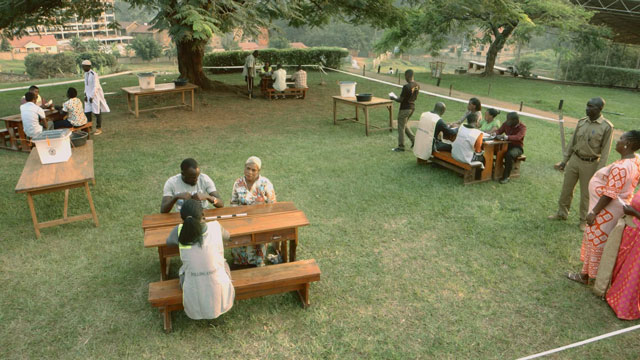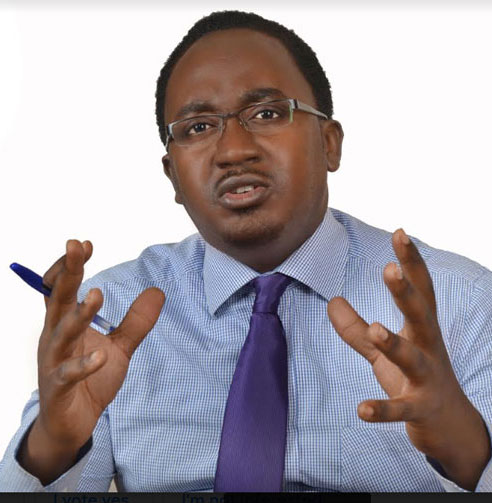
Elections are like a soccer match. If a game is going to be reduced from 90 to 60 minutes, then players should be consulted
COMMENT | Crispin Kaheru | Uganda’s electoral preparations are starting off from a ‘complicated place’. They are happening in an environment of restrictions. Political players can’t move, they can’t assemble – because of the Covid-19 motivated controls. And yet, elections are about freedom of movement and assembly.
Preparations are further jeopardized by the timelines that have just been released by the Electoral Commission (EC). The time for election activities after the Covid-19 interruption is too short. Party candidate identification exercises originally set for about four (4) or so months are now compressed to fit in a period of about a month. Special Interest Group elections originally set to last four (4) or so months are going to be held in just under two (2) months.
While it is the mandate of the EC to write and re-write the roadmap, the EC doesn’t seem to have involved stakeholders like political parties, civil society or even the aspirants in recasting this roadmap, like it has previously done. So, it will not be surprising if some players reject elements of the roadmap.
Elections are like a soccer match. If a game is going to be reduced from 90 to 60 minutes, then players should be consulted. Because, this reduction in time, the shortening of the game will inevitably place emotional and psychological pressure on players to re-adjust to the new timelines. Some players can adjust, others may not. And it becomes more complicated when some players have been training and others haven’t.
The outcome of an election is as good as the process itself. If the process doesn’t look consultative, if it doesn’t seem participatory, if it doesn’t come off as transparent, then certainly the outcome will not stand a test of credibility. So, you can be sure that the outcome will face legal and public challenges.
EC: Uganda elections to go ahead, no mass rallies #UgElections2021 #RevisedRoadmap https://t.co/yWl5MVOYAG
— The Independent (@UGIndependent) June 16, 2020
Consultations are more important than ever before. Because, these elections are going to dramatically change – after the onset of Covid-19. They are going to look and feel different. They will integrate social distancing measures; they will integrate more hygienic & safety practices, and there will certainly be a shift in the way political meetings are convened in light of health precautions – these are significant changes, and EC must secure buy-in and support on the changes and way forward.
If EC goes ahead to implement this plan without intense consultations, players will feel short-changed, and inevitably, this will sink the level of political participation and trust in elections.
EC is proposing to move most of the critical electoral activities such as campaigns from off-line means to online or media methods. While this may be in line with the protocols of prevention of the spread of Covid-19, these changes require a firm legal framework as well as the supportive infrastructure.
We need a strong telecommunications infrastructure, media reach, Internet penetration, technology literacy, access, accessibility and usability. Short of this, the electorate may be left out of the election. In countries like Guinea, Cameroon, Mali, and Benin, voter participation has been very low because of the dramatic changes in the way elections have been conducted under the Covid-19 pandemic. Even in Burundi where elections had a semblance of normalcy, voter participation was comparatively low.
It is not a matter of drafting Standard Operating Procedures (SoPs) or guidelines for election management. These must be backed by the Law. So, the EC should be planning on how to get the SoPs marinated in the elections legal framework or else they will be contested and it will further injure the integrity of the election.
******
 The writer is an Elections Expert
The writer is an Elections Expert
 The Independent Uganda: You get the Truth we Pay the Price
The Independent Uganda: You get the Truth we Pay the Price



